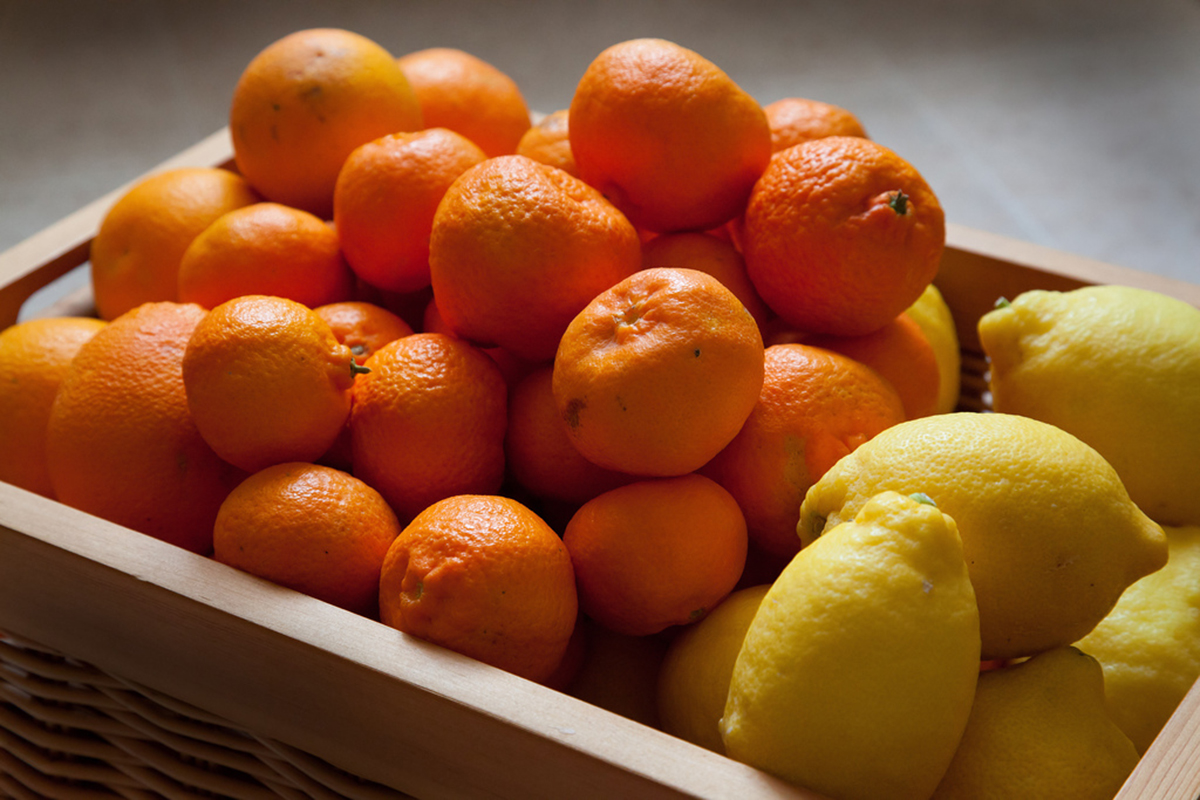Table of Contents
When you just know you're supposed to need something because you hear about it every day, you sometimes forget to ask why it's supposed to be so good. So it is with antioxidants. They're a staple of the nutrition industry, the skincare industry - and yet, who knows what they actually do?

We can start at the beginning by looking at the story of how we discovered what antioxidants do.
Back in ancient times people knew that if you didn't eat fresh food - specifically, raw meat or vegetables - you got sick. But what they didn't know was why. In 1747 a Royal Navy surgeon called James Lind was treating sailors sick with scurvy. He tried dosing some of them with vinegar, others with cider, and others still with seawater, along with their normal rations, on the basis that something must work. Other sailors were given two oranges and a lemon, as well as their normal ration. Lind is famous for two things - the first modern controlled experiment, and proving that something in citrus fruit cures scurvy. That something became known as 'ascorbic acid,' because it was 'a' - against, or not - 'scorbic,' to do with scurvy, and acidic. We now usually call ascorbic acid Vitamin C.
So if Vitamin C prevents scurvy, what is scurvy?
Scurvy is a disease which makes collagen break down. Collagen is integral to muscle tissue, joints, soft tissues of all kinds, bones, hair and gums.
Old scars open and wounds do not heal, and the disease is fatal if it isn't treated.
So what's happening?
Scurvy sounds terrible - and it is. But at the cellular level it's very simple. A particular tissue is damaged by molecules that are capable of causing oxidation reactions - the combination of another chemical with oxygen. This needs to happen for us to live, of course, which is why we breathe oxygen, but it has to take place in specific places in the body. It's like gasoline. Your car puts a measured amount of fuel in the engine, touch it off with the spark plugs, and things are as they should be. But if your car was covered in gasoline, that wouldn't be so good.
See Also: New Antioxidants: Real Value Or Clever Marketing?
Sounds like antioxidants = good, oxygen reactions = bad, right? Well, it's not quite as simple as that. For one thing, even reactive oxygen species - the molecules that damage your cells - have jobs too. They're used for certain chemical signalling functions and you'd be a bit lost without them, so the idea is to keep their numbers at the the right level.
- Photo courtesy of Keith Williamson via Flickr: www.flickr.com/photos/elwillo/6770150953
- Photo courtesy of SuperFantastic via Flickr: www.flickr.com/photos/superfantastic/2282454132


Your thoughts on this